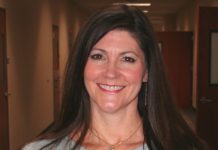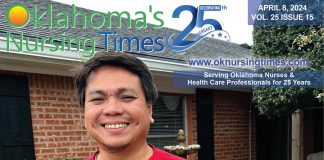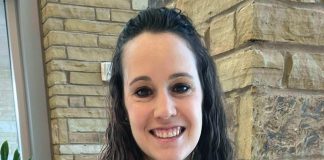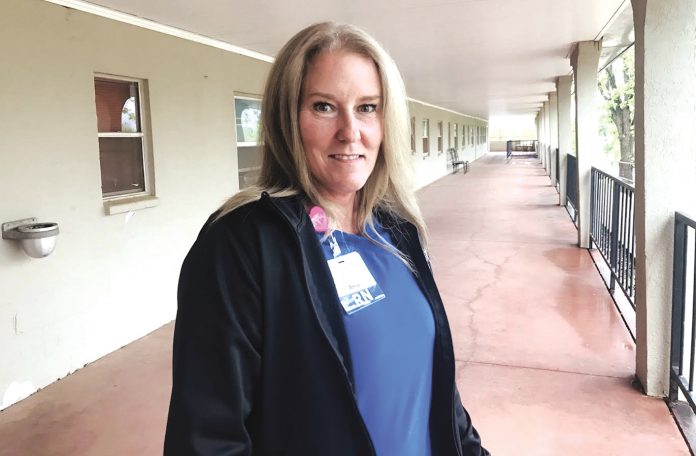
by James Coburn – staff writer
Amie Penrod gets goosebumps when thinking about her career as a registered nurse. She has dealt with a lot of death and dying with people of all ages.
The hospice journey she shares with patients and families uplifts her kind spirit as case manager for Companion Hospice, located in Guthrie. She helps patients have their best quality of life possible. (story continues below)
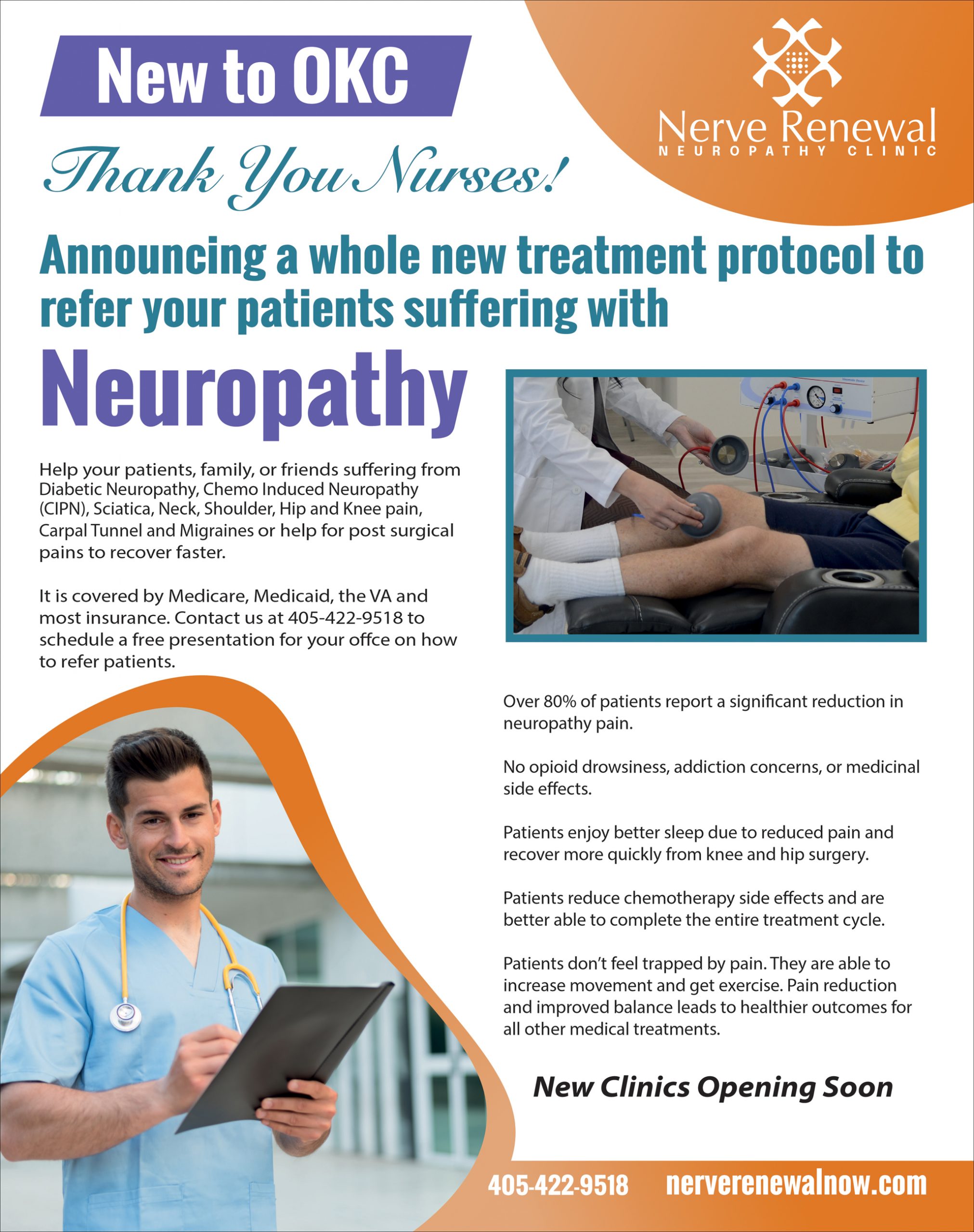
“I had a new patient that I admitted last week. He had been the primary caregiver for his wife since 2019 and over the past two weeks she declined. The journey is more involved because he’s needing to go through those mile steps.”
She entered the home to find him feeding his wife at the bedside. And I just put my hands on his shoulders, and he just kind of melted in my arms. It’s such a touching, emotional journey — a spiritual journey,” Penrod said.
Most people relate hospice to death, she said. But hospice is a journey that hospice helps prepare for. The clinical side of hospice care is not hard to learn with the proper tools, she said. Transitioning the family to be ready for their loved one’s passing is the hardest part, Penrod explained.
“And the best part of that is when it’s over and you’ve helped them,” she said. “I’m telling you I work for the most caring, compassionate people. Even before we start meetings we pray. It’s just an amazing environment.”
She is grateful to work among a hospice staff that is willing to listen and empathize with each patient’s hospice experience, she said.
The experience is remarkable, she said of getting to know them. One day she was at the bedside of one of her patients who was at peace with her life.
“Even though she knew that she had terminal cancer and that it was imminent that she was going to pass, she had no pain, and she would just lift you up every time you walked in the room,” Penrod said.
She always wanted a career that provided more security while also helping others. Her earlier years as a florist led to becoming an ER nurse in Texas for 18 years. In 2019, she earned her Master of Science degree in Nursing focusing on clinical nurse leadership at Texas Christian University. The ER laid the foundation for her hospice work when she joined Companion in December, she said.
The emergency room was quick thinking in a high intensity environment. But she calmly walked ER patients through steps involving everything from heart attacks, broken bones and snake bites. She worked during the COVID pandemic in the emergency room.
“I think it takes a special person to be in hospice. You’ve got to be very compassionate. It takes a lot of faith,” she said. “Even with traumatic situations with deaths, there were also cases where we provided palliative care. I even ran a palliative care program in Texas (while doing in-patient acute care).”
Hospice is all about palliative care, and there is a benefit in the circle of care with social workers, chaplains, nurses and certified aides, therapists, as well as volunteers who are there to assist families and patients through their entire journey.
“A musical therapist is at the bedside right now with a patient close (to passing),” Penrod said. “Sometimes it’s just the companionship of visiting with patients or their loved ones. I have a patient that’s 97 and the daughter is in Spain. So, I’ll call her while I’m with the patient so she can talk to the daddy on the phone. You make a difference. It’s a different kind of difference that is very soothing.”
She had a patient that passed not long ago. The son was devastated when learning that his mother would not make it. He hoped her health would revive.
Each step of the way Penrod explained to him the reasons why his mother’s body was declining as she worked to relieve pain. He eventually realized he did everything he could to honor his mom.
“I used Companion Hospice for my grandfather when he passed away in 2020. So, my musical therapist, she came to our house and sang and played music for my grandfather who was just about unresponsive, and he perked up and started singing with her,” Penrod said.
She said she has watched patients with chronic obstructive pulmonary disease relate to music and relax and forget about their shortness of breath.
“They just relax. It decreases anxiety,” she said. “And even my patients that have dementia, they may not remember that I’m in the room with them, but they’ll start singing and remembering songs. And they just enjoy it — they smile — it’s just so rewarding.”
For more information about Companion Hospice visit: www.companionhealthcare.net .




